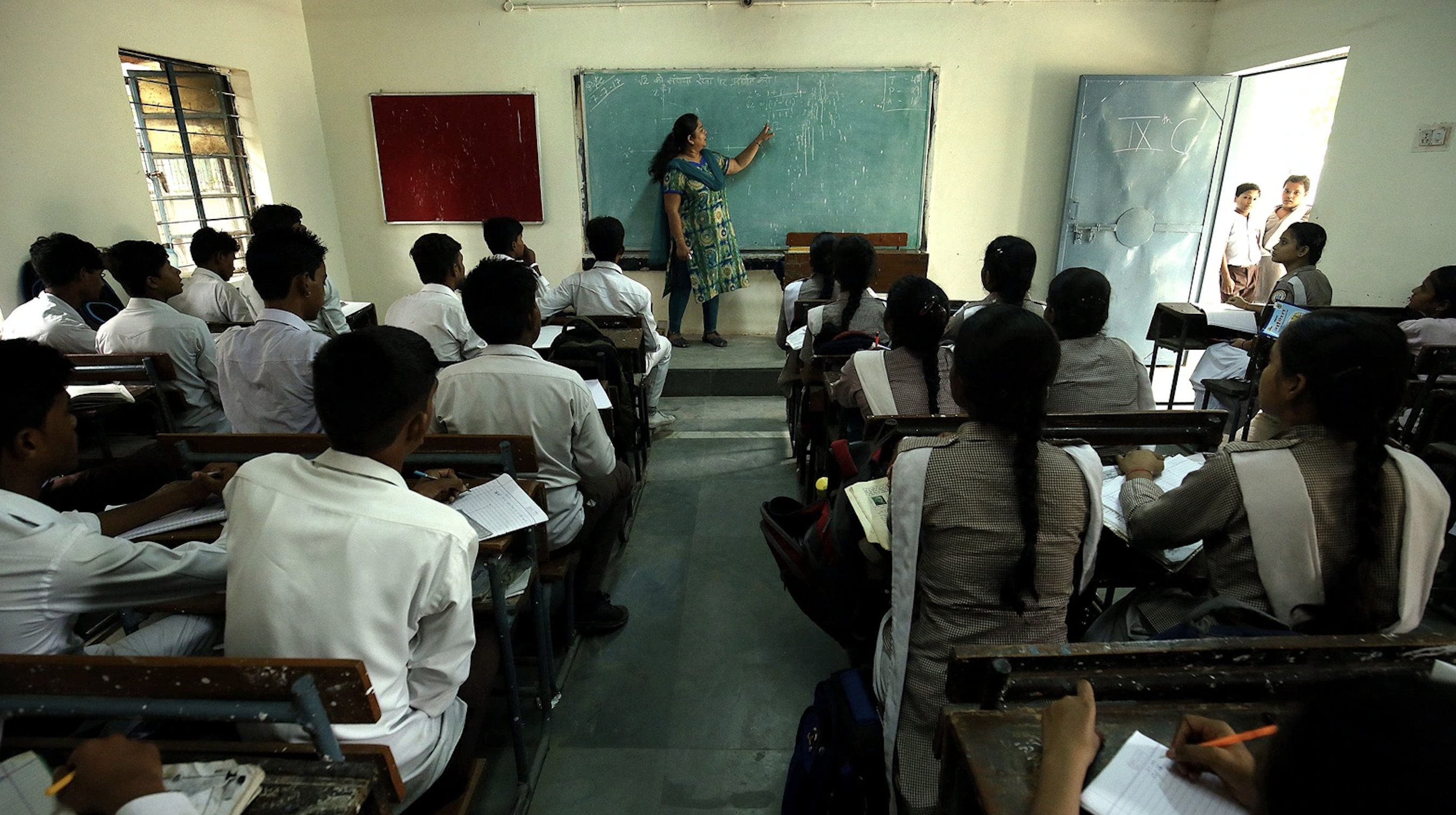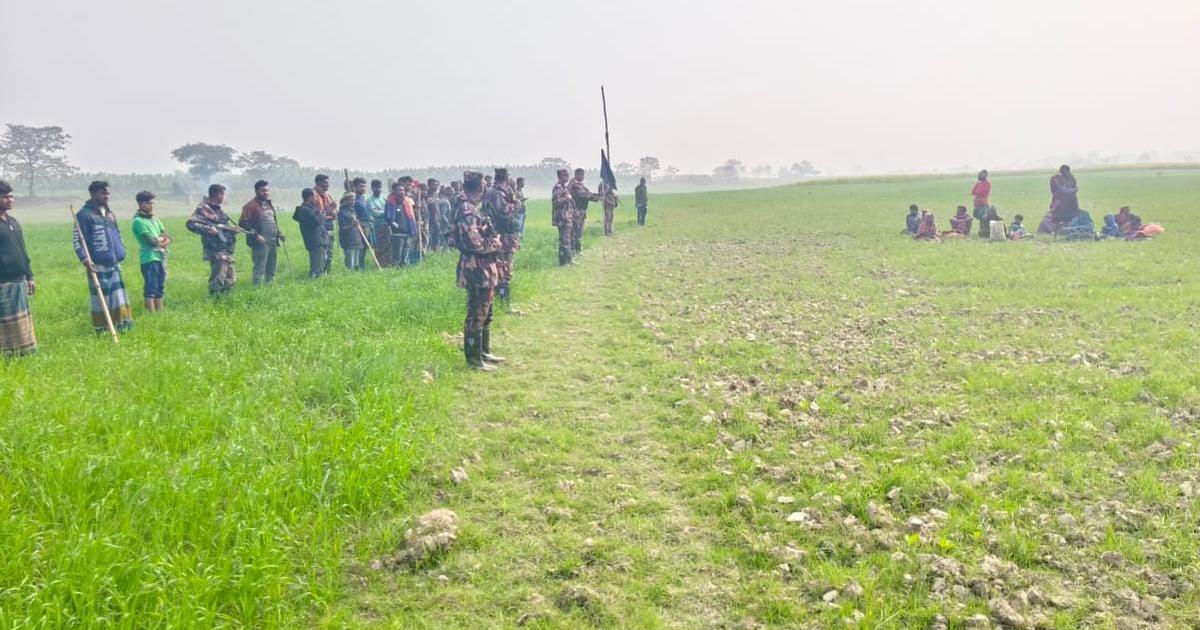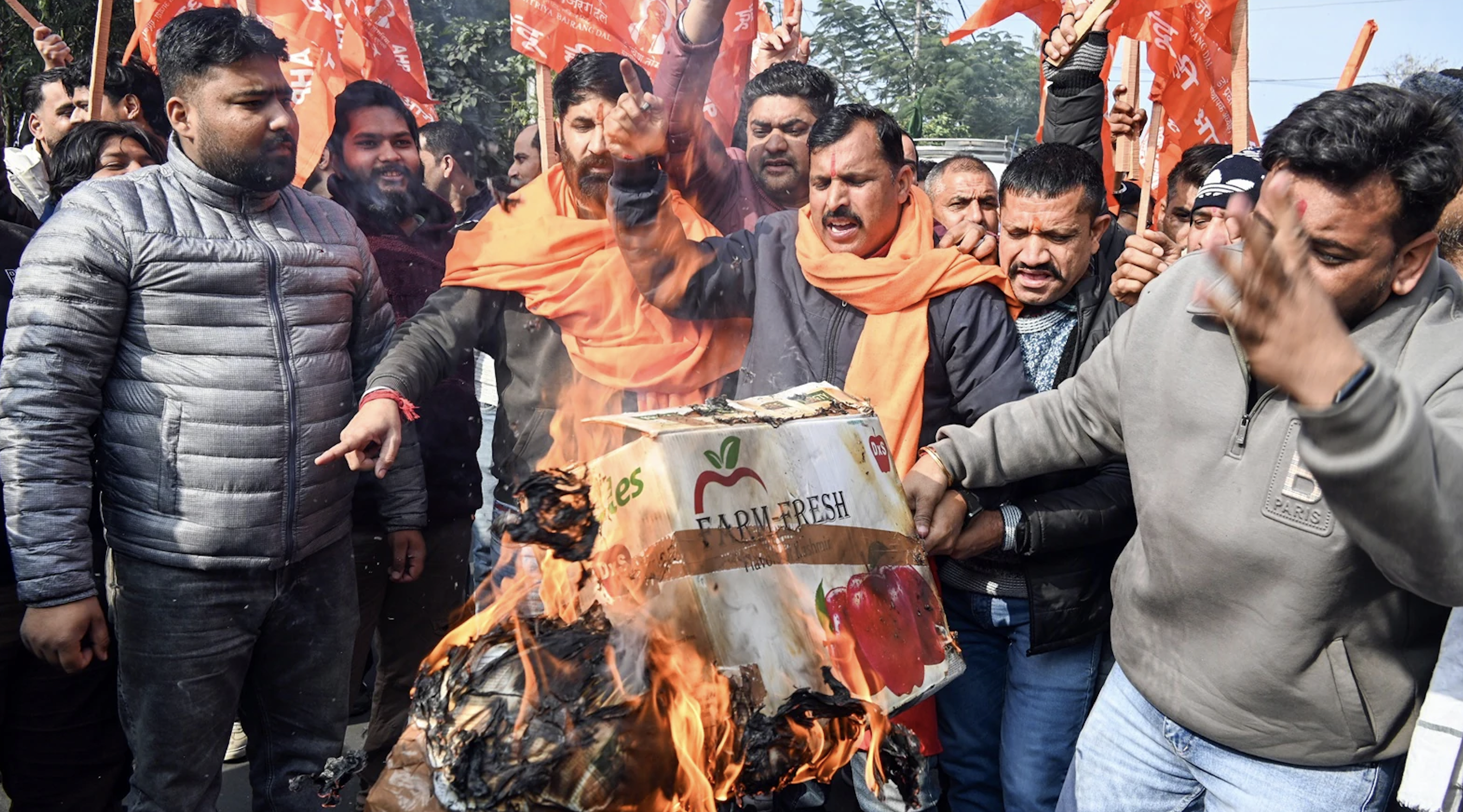By Anupam Shrivastava / News X
In a thought-provoking session on the second day of the Festival of Ideas 2023, Professor Walter K. Anderson, an eminent American academic and authority on the Rashtriya Swayamsevak Sangh (RSS), engaged in a captivating dialogue about the RSS, its history, evolution, and significance. The event, moderated by Dr. Aishwarya Pandit Sharma, the Convener of the Festival of Ideas, shed light on the organization’s complex identity and impact on Indian society and politics.
Unveiling the Enigma of RSS: A Scholar’s Perspective
As the Festival of Ideas commenced, attendees eagerly welcomed Professor Walter K. Anderson to the stage. With a distinguished career and an extensive body of work on the RSS, Professor Anderson has devoted significant time to unraveling the organization’s intricacies. The session aimed to provide an in-depth exploration of the RSS from an outsider’s viewpoint, dispelling misconceptions while delving into its historical and cultural context.
A Brief Overview of RSS: Unpacking Its Genesis and Objectives
The conversation initiated with Professor Walter K. Anderson tracing the roots of his involvement in studying the RSS. He recounted his introduction to the RSS during his academic pursuits and how his initial focus on young people’s political engagement led him to explore the organization’s dynamics further.
The RSS, established in 1925 by Keshav Baliram Hedgewar, emerged as a response to the fragmented nature of Indian society, grappling with divisions rooted in caste, language, and economic disparity. The organization sought to unite Hindus by promoting a sense of pride and shared identity while rejecting caste-based hierarchies. This was done through a combination of calisthenics, stories of Hindu heroes, and a focus on communal harmony.
This story was originally published in newsx.com. Read the full story here






